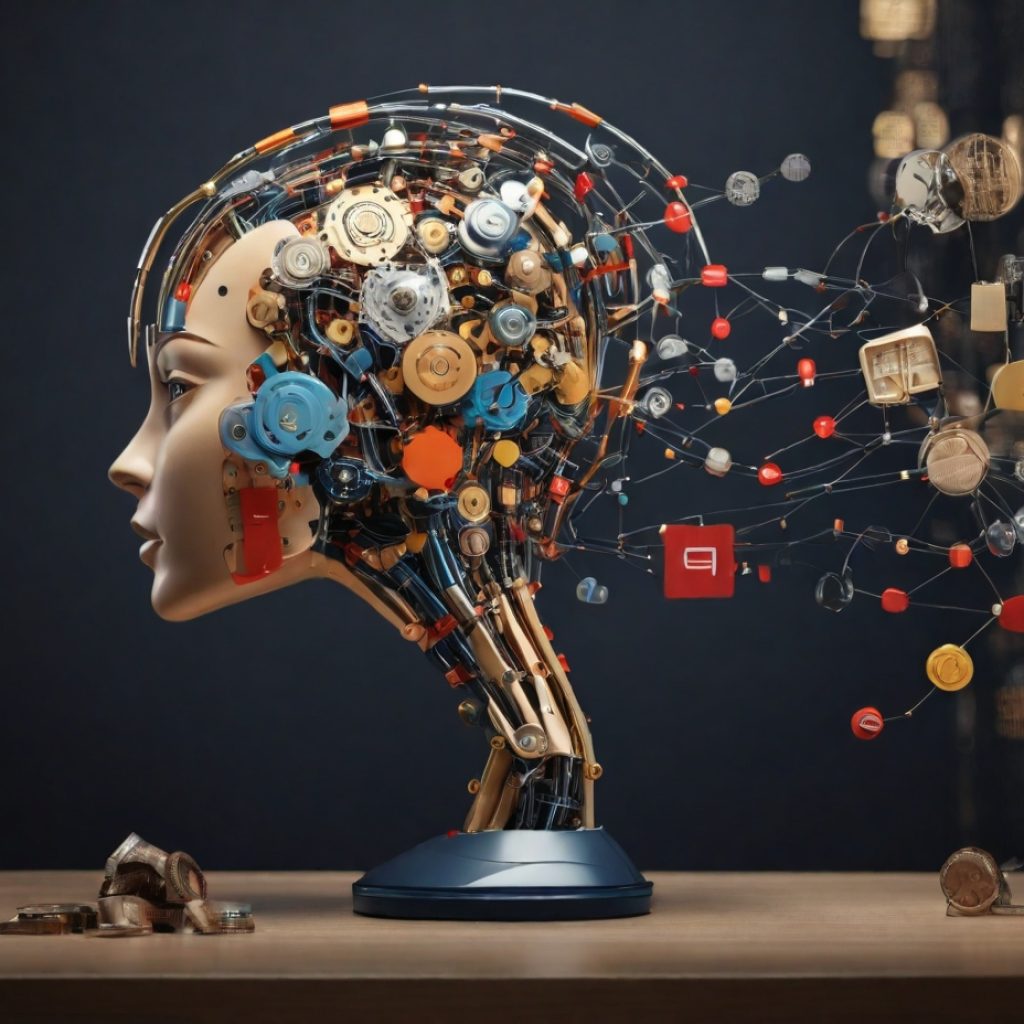Researchers at the University of Vermont (UVM) are shining a spotlight on the rapid changes in the workplace due to artificial intelligence (AI) and its potential impact on workers, especially women and minorities. They’re urging for more comprehensive regulation to ensure that the increasing use of AI in the workplace doesn’t further exacerbate employment disparities.
The impact of AI on the modern workplace
The rise of A.I. in various industries has been accompanied by a surge in the collection of data related to employee tasks and responsibilities. This data provides companies with insights into which roles and tasks can be automated, a trend that’s raising concerns about job security for many.
Juniper Lovato, a prominent researcher in the complex systems and data science program at UVM, likens this process to one’s work being “mined” for profit. The implications of this trend are vast and potentially detrimental if unchecked.
Disproportionate impact on women and minorities
What’s particularly alarming is how the increasing integration of A.I. and automation could disproportionately affect women and minority groups in the tech industry. Lovato refers to data from [layoffs.fyi](https://layoffs.fyi/), which showed a worrying trend: in 2022, women constituted 45% of those laid off from tech companies despite only representing 30% of the workforce in these organizations.
Such statistics underscore the pressing need for transparency and regulation around the decisions companies make when automating roles. Without interventions, there’s a danger that existing inequalities in the workforce could be magnified.
The call for regulation
“Setting regulations around inequality and layoffs due to automation is crucial,” Lovato emphasizes. She believes Vermont has the potential to set a precedent for how states can approach this growing concern. By introducing regulations that demand transparency from companies about layoffs related to automation, Vermont could spearhead a movement to ensure fairer employment practices in the age of A.I.
There’s also a need for regulations that provide guidelines on how companies can use the data they collect from their employees. This could potentially mitigate the risk of workers’ roles being unnecessarily automated for the sake of profit, without consideration for the human consequences.
The most vulnerable industries
While it’s challenging to predict with certainty which roles will be most susceptible to automation, industry experts and researchers like Lovato believe certain sectors are already feeling the heat. Administrative roles, jobs in healthcare, positions in customer service, and even certain artistic professions are currently experiencing significant A.I. integration.
These sectors have a considerable representation of women and minorities, further underscoring the need for protective measures. If these trends continue, many people in these professions could find their roles redundant, which would have broad economic and societal implications.
Looking ahead
While the rise of A.I. offers numerous benefits, including increased efficiency and the potential for innovation, it’s essential to balance these advantages with the human cost. The findings from UVM’s research highlight the pressing need for states like Vermont and the broader U.S. to take proactive steps in ensuring that the future of work remains inclusive.
Juniper Lovato’s research serves as a timely reminder that in the rush to embrace the future, we must not forget the individuals whose livelihoods might be at stake. Her call for action is not just for Vermont but for all states and nations to consider the ethical implications of unchecked A.I. integration in the workplace.





